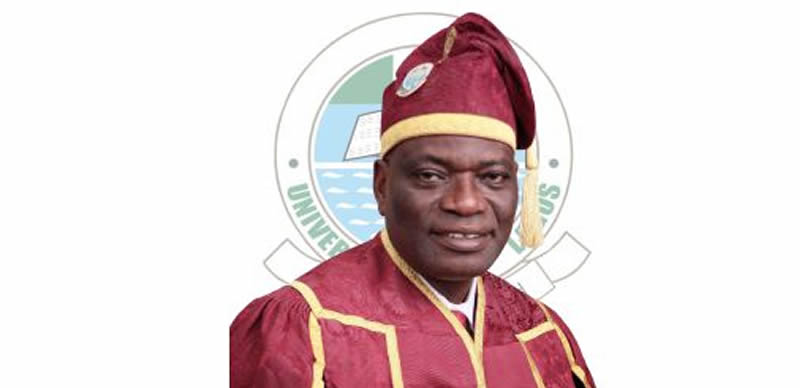The University of Lagos (UNILAG) is facing a deepening brain drain crisis, as no fewer than 239 first-class graduates employed as lecturers between 2015 and 2022 have resigned within seven years, leaving only 17 still in service by October 2023. This revelation was made by the institution’s immediate past Vice-Chancellor, Professor Oluwatoyin Ogundipe, during The PUNCH Forum on “Innovative Funding of Functional Education in the Digital Age.” He attributed the mass exit to poor remuneration, harsh working conditions, and dwindling motivation among academic staff, warning that unless urgent reforms are made, the quality of Nigeria’s university system could deteriorate further.
Ogundipe explained that UNILAG had deliberately retained first-class graduates as lecturers to strengthen its academic base, yet over 90 percent of them have now left for better opportunities. He cautioned that in the next decade, public universities might be dominated by women, as male lecturers are increasingly leaving, while underqualified candidates may fill postgraduate slots. He further lamented that federal and state budgetary allocations to education have consistently remained below 10 percent, far short of UNESCO’s 15 to 26 percent benchmark, leaving institutions underfunded and unable to compete globally.
The ex-VC, now Pro-Chancellor of Redeemer’s University, stressed the need for structural reforms and called for each first-generation university to receive at least ₦1 billion annually to upgrade infrastructure and research capacity. He also advocated innovative funding strategies, such as public-private partnerships, alumni endowments, diaspora contributions, education bonds, and outcome-based financing models that link investments to measurable results.
Context from other reports highlights that the situation is not unique to UNILAG. The naira’s steep devaluation, stagnant salaries unchanged since 2009, and the removal of fuel subsidies have worsened the plight of lecturers nationwide, with many earning less than their counterparts in Ghana or the UK. UNILAG’s current Vice-Chancellor, Professor Folashade Ogunsola, has also described 2023 as a “tsunami of exits,” revealing that nearly 1,800 academic staff left in five years. The Academic Staff Union of Universities (ASUU) has repeatedly warned that poor pay, rising workloads, and the government’s employment embargo are pushing academics out of the country in droves.
Ogundipe concluded by urging stakeholders, including the government, private sector, alumni, civil society, faith-based organisations, and donor agencies, to prioritise education as a shared responsibility. He stressed that beyond infrastructure, investments must be made in people, research, and curricula to secure Nigeria’s future. “Education should be seen as the most sacred trust we can pass to our children,” he said, warning that unless decisive action is taken, the mass exodus of lecturers will continue to undermine Nigeria’s higher education system.

